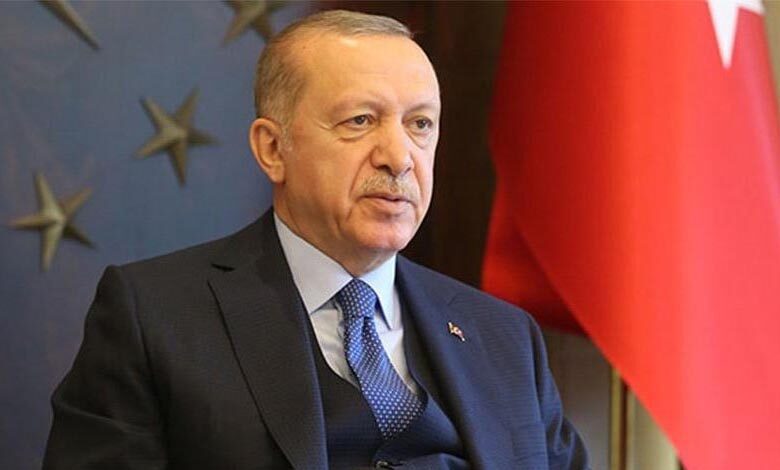Turkey: Erdogan’s Social Media Struggle; Who Wins?

A case of controversy after the Turkish regime announced a new law requiring social media companies to remove content with misleading information and share users’ data with security authorities in Turkey.
Experts confirmed the difficulty of implementing this law by international social media companies, as authorities asked Twitter, Twitter, Google, and others to fully comply with the law by next April or face a possible advertising ban, and eventually reduce bandwidth; This poses a dilemma for companies ahead of the elections scheduled for June.
Control law
Analysts and experts have confirmed that companies have global privacy standards and are unlikely to violate them in Turkey as this could set dangerous precedents for other countries looking to exercise control over social platforms. “Some of these companies are unlikely to comply with the law,” said Sinan Ulgen, founding partner of Istanbul Economics, which provides regulatory and legal advice, adding that this is “because of onerous requirements and what this may mean for data privacy and confidentiality standards, as well as setting a precedent that can be used in other jurisdictions,” the international English-language newspaper Arab Weekly reported. “Under the law, which came into effect last week, companies must share users’ information with the authorities if content constituting crimes, including misleading information, social media companies must appoint representatives, promptly after the court issues a 90% bandwidth violation,” it said Authorities.
Critics say the law could tighten the government’s grip on social media, one of the last bastions of free speech and opposition in Turkey, while the AKP and nationalist allies have supported the law. The opposition called it a “censorship law” and said it could affect the parliamentary and presidential elections in June 2023.
Criticism of government performance
The International newspaper reported that social media is already under strict control, with people being repeatedly prosecuted for publications such as those criticizing Turkish incursions into Syria, or for criticizing the government’s unsuccessful performance in the face of the economic crisis. A recent Reuters investigation showed how pressure from the authorities and self-censorship of Turkey’s mainstream media led to a tightly controlled chain of command in government-approved headlines. Social media companies have so far been able to comply with the 2020 law by creating small business entities in Turkey that can easily withdraw if they are under pressure, said Yaman Akdeniz, an e-rights expert and professor at Istanbul Bilgi University. He said the laws were a “soft transition,” but the government has now made them more serious with the new bill.












